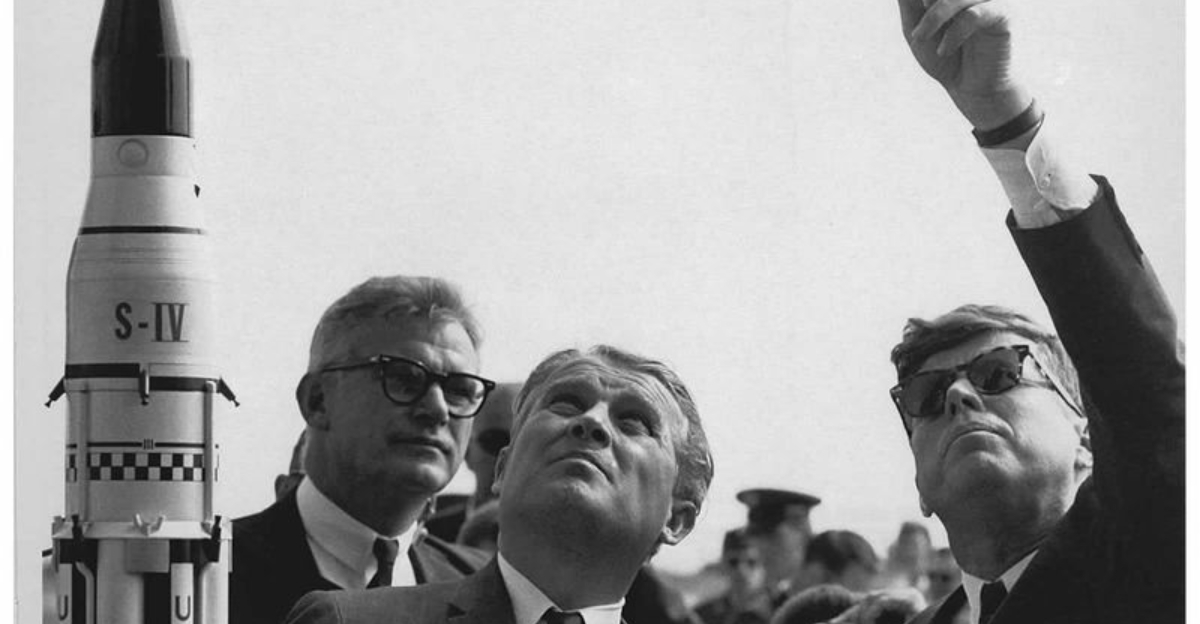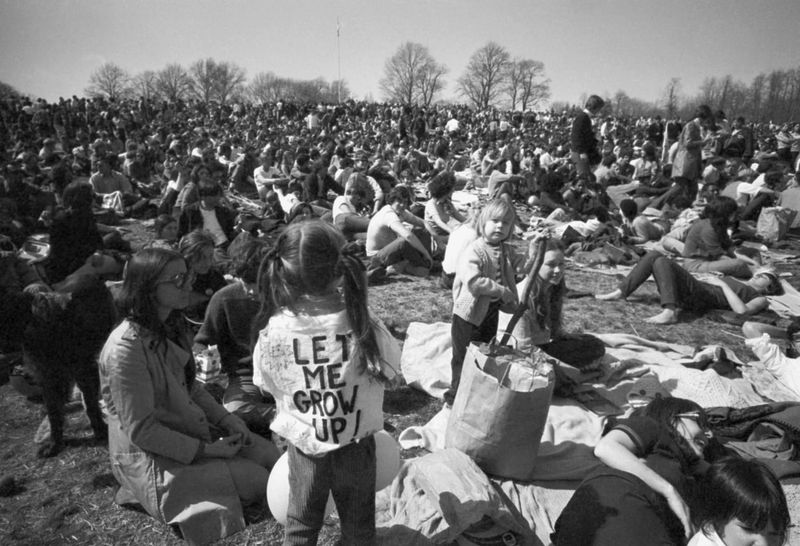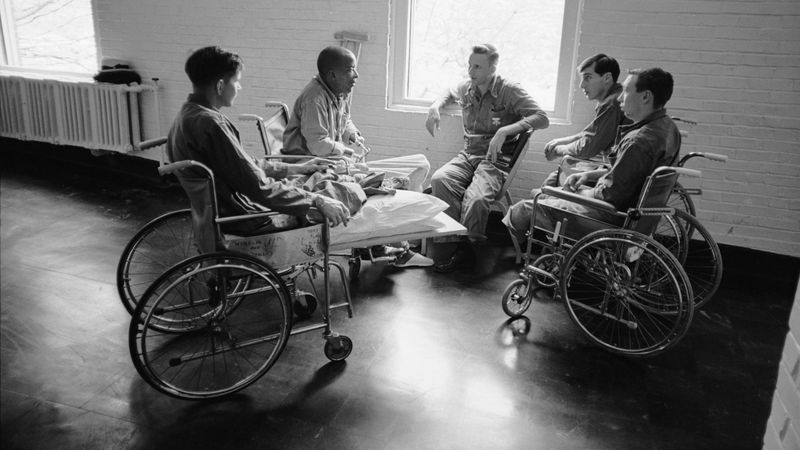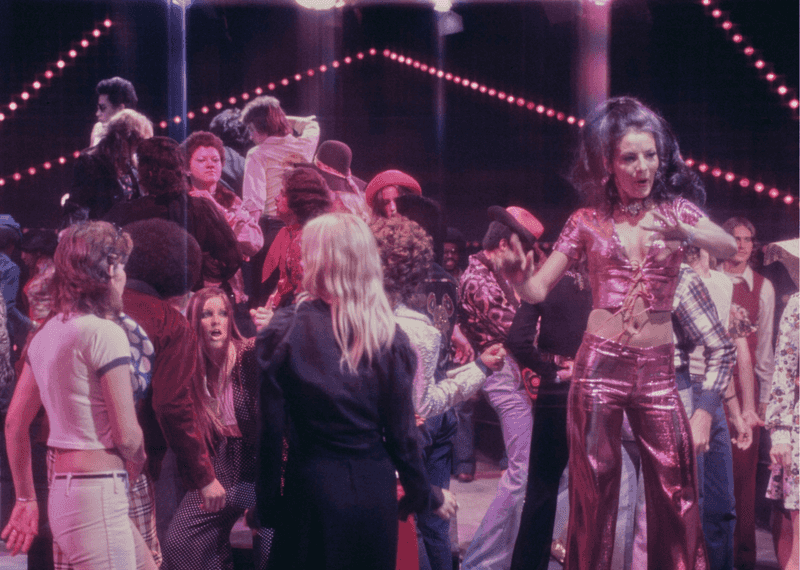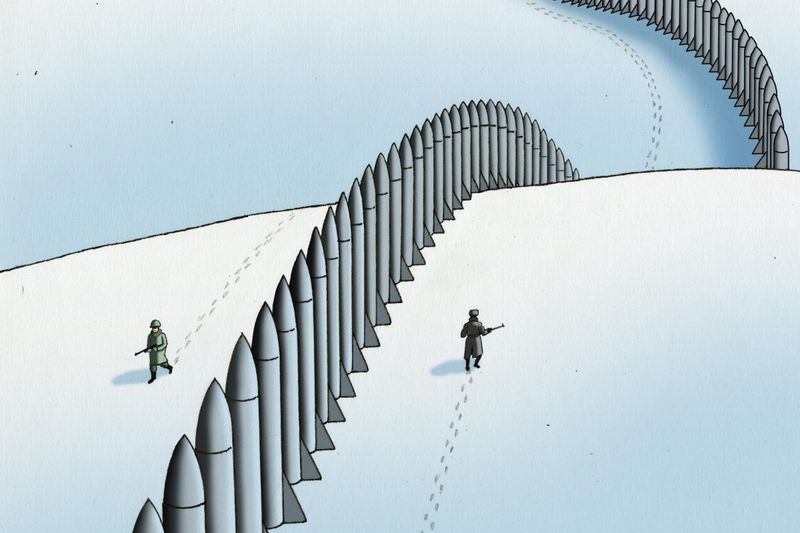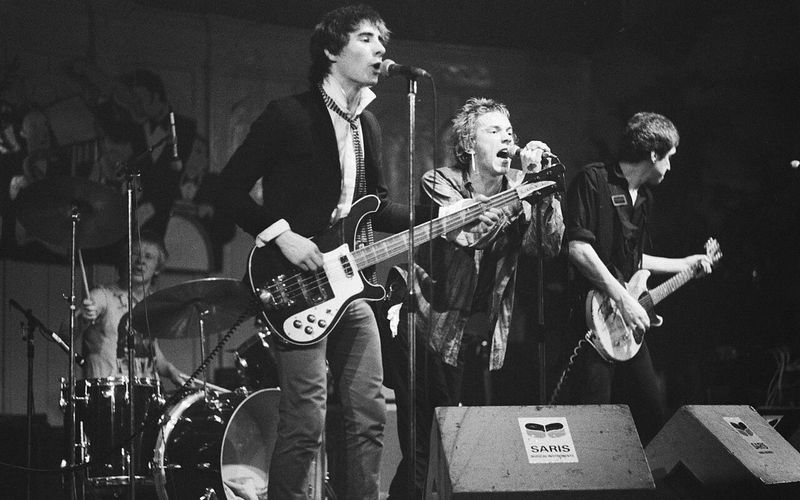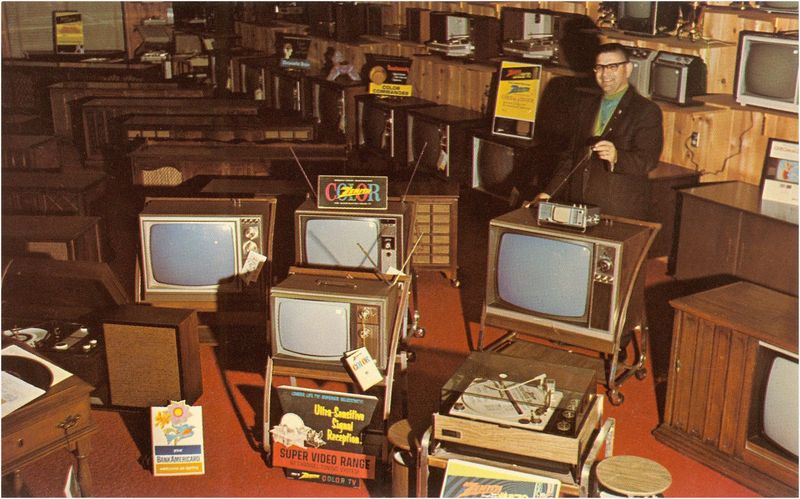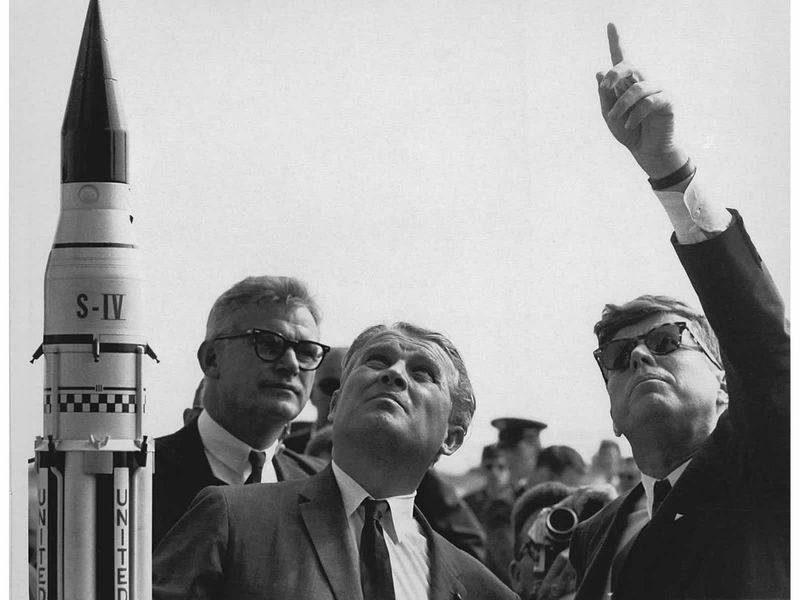The 1970s was a decade of immense change and upheaval, marking a turning point in global politics, pop culture, and revolutionary movements.
From political shifts to groundbreaking cultural revolutions, the era reshaped societal norms and left an indelible mark on history.
The following sections explore ten pivotal ways the 1970s reshaped our world, each offering a unique perspective on the transformative power of this vibrant decade.
Join us on this captivating journey through a decade that was as tumultuous as it was influential, redefining boundaries and challenging the status quo.
1. The Rise of Environmentalism
Environmental awareness surged in the 1970s, spotlighting the fragile state of our planet. This decade birthed Earth Day, celebrated for the first time in 1970, uniting millions in a bid to protect the environment.
It marked a radical shift towards eco-consciousness, inspiring legislative changes worldwide.
The Clean Air Act and the establishment of the Environmental Protection Agency in the United States were direct outcomes.
These developments spurred a global movement towards sustainable practices, encouraging individuals and governments to reconsider their impact on the earth. This era laid the groundwork for modern environmental activism.
2. The Vietnam War and Its Aftermath
The Vietnam War’s conclusion in the early 1970s had far-reaching implications. It was a conflict that polarized nations and provoked widespread protest.
The war’s end brought a sense of relief but also left a legacy of trauma and societal reflection, influencing global perceptions of military intervention.
In the United States, returning veterans faced a challenging reintegration, prompting conversations about mental health and veteran support.
The war’s impact on art, music, and film during the 1970s was profound, with creative expressions often channeling anti-war sentiments and advocating for peace.
3. Technological Advances and the Advent of Personal Computers
The 1970s was a pivotal decade for technology, with personal computers emerging as transformative tools. Visionaries like Steve Jobs and Bill Gates began their journeys, setting the stage for the digital revolution.
Personal computers started to become accessible, changing how people worked and communicated.
These advancements democratized information, leading to new opportunities for innovation and industry growth.
The decade’s technological strides laid the foundational infrastructure for the connected world we experience today, making computing an integral part of everyday life and prompting the rise of the global tech industry.
4. The Feminist Movement Gains Momentum
The 1970s heralded a new era for the feminist movement, with women boldly challenging societal norms. This period saw the passage of crucial legislation, including Title IX in the United States, which prohibited gender discrimination in education.
Public consciousness around gender equality surged, as iconic feminist figures emerged, advocating for equal rights and opportunities.
The movement’s influence permeated culture, leading to shifts in workplace dynamics and media representation. These efforts have had a lasting legacy, inspiring future generations to continue advocating for women’s rights and equality.
5. The Disco Era and Cultural Revolution
The disco era defined the 1970s, offering a cultural escape and revolution. It was a time of glittering dance floors, pulsating beats, and extravagant fashion. Disco music and its vibrant scene promoted inclusivity, bringing together diverse communities in celebration.
Iconic clubs like Studio 54 became cultural landmarks, influencing music, fashion, and social norms. The era’s lasting legacy is evident in contemporary music and entertainment, reflecting the decade’s spirit of freedom and expression.
Disco’s impact on popular culture remains a testament to its enduring allure and transformative power.
6. The Cold War Heats Up and Then Cools
The 1970s was a decade of fluctuating tensions between Cold War superpowers. The era began with détente, a thawing of relations that eased global fears. This period saw significant diplomatic engagements, such as the Strategic Arms Limitation Talks (SALT).
However, tensions reignited towards the end of the decade, with events like the Soviet invasion of Afghanistan. The 1970s’ geopolitical landscape was marked by strategic maneuvering and cautious diplomacy, shaping international relations.
The legacy of this era’s Cold War dynamics continues to influence global politics and military strategies.
7. The Birth of Punk Rock
Punk rock exploded onto the scene in the 1970s, forever altering the musical landscape. It emerged as a rebellious response to mainstream culture, characterized by raw energy and anti-establishment lyrics. Bands like the Sex Pistols and The Ramones became icons of the movement.
Punk rock’s influence extended beyond music, affecting fashion and attitudes, inspiring a generation to question authority and embrace individuality.
The genre’s DIY ethos encouraged self-expression and creativity, reverberating through subsequent cultural movements. Punk rock’s legacy is its enduring spirit of defiance and innovation.
8. The Economic Shifts and the Oil Crisis
The 1970s experienced significant economic shifts, punctuated by the oil crisis. This period saw skyrocketing oil prices, impacting economies worldwide. The crisis highlighted vulnerabilities in energy dependence, prompting a reevaluation of resource management.
Nations were forced to adapt, leading to innovations in energy efficiency and alternative sources. The decade’s economic upheaval had lasting implications, influencing policy-making and economic strategies.
These challenges underscored the interconnectedness of global markets, setting the stage for future economic globalization and energy consciousness.
9. The Rise of Television and Media Influence
The 1970s marked a shift in media consumption, as television became a dominant force. Family living rooms were transformed into entertainment hubs, with iconic shows like “M*A*S*H” and “All in the Family” challenging societal norms.
Television’s influence extended beyond entertainment, shaping public opinion and cultural narratives. The medium became a platform for political discourse and social commentary, reflecting and influencing the era’s climate.
This decade solidified TV’s role as a powerful tool in shaping perceptions, paving the way for the media’s continued impact on society.
10. The Space Race’s New Frontiers
The 1970s continued the momentum of space exploration, building on the successes of the previous decade. With missions like Apollo-Soyuz, international cooperation became a hallmark of space endeavors. The era focused on scientific research and expanding knowledge of the cosmos.
The launch of the Space Shuttle program signaled a new chapter, emphasizing reusable spacecraft and technological innovation.
The 1970s’ contributions to space exploration laid the groundwork for future missions, fostering a spirit of curiosity and collaboration. This legacy inspires continued exploration and discovery in the 21st century.
